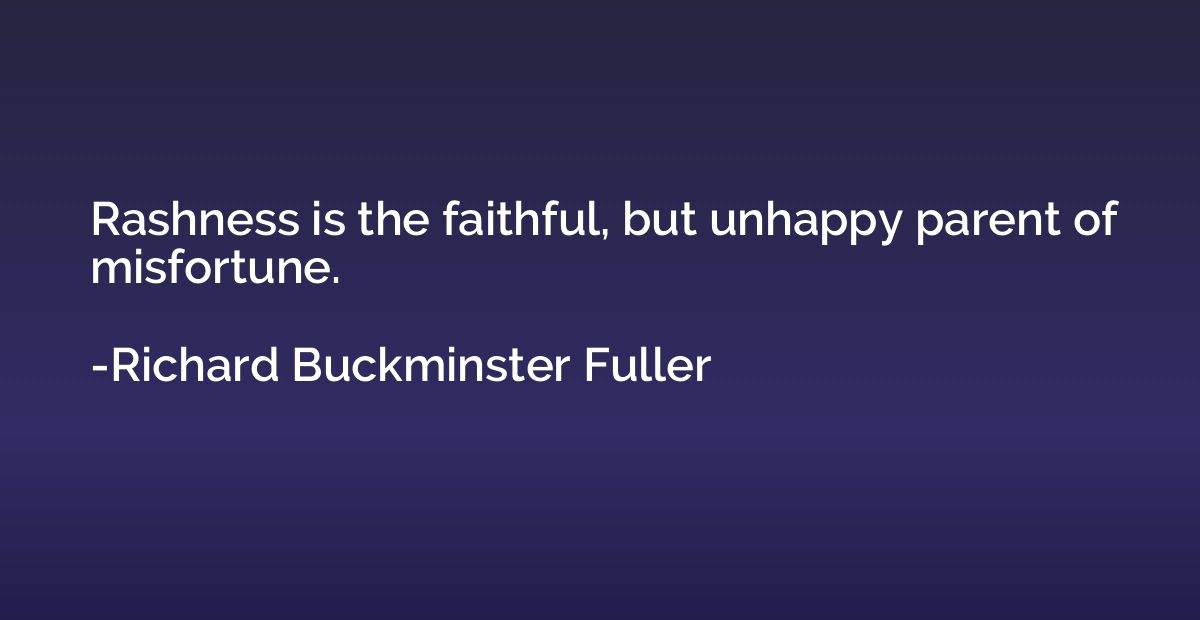Summary
This quote, often attributed to philosopher Friedrich Nietzsche, suggests that having a compelling purpose or reason for living can give individuals the resilience and determination to overcome any challenges they may face. When people have a strong sense of meaning and direction in their lives, it provides them with motivation and strength to navigate difficult circumstances. The "why" represents their overarching purpose or goal, while the "how" refers to the various obstacles and hardships that may come their way. By focusing on their purpose, individuals can endure and conquer any hardships that may arise.
Topics
Life
By Nietsche















